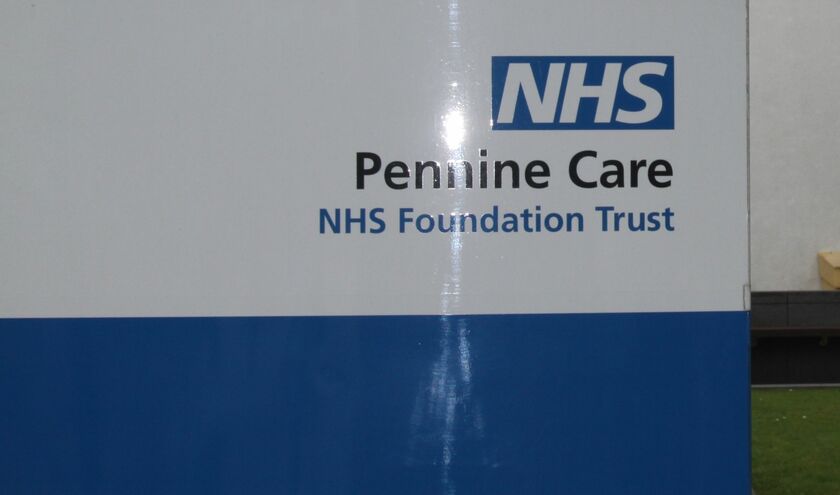The CQC inspection, which was triggered by whistleblowing concerns, highlighted areas requiring improvement - including therapeutic observations, medicines management, clinical supervision and person-centred care planning.
Alison Chilton, CQC deputy director of operations in the North West, said: ‘On the wards we found there were times when there wasn't enough permanent staff, and sometimes people were cared for by staff who weren't familiar to them, particularly at night. Also, staff didn't always have time to sit down and talk to people and give them the social interaction they need.
‘It was also concerning that staff weren't always trained to provide care to people in a safe way. For example, many staff caring for people with dementia hadn't received any dementia awareness training.'
Pennine Care NHS Foundation Trust said it was ‘fully committed to addressing the areas identified for improvement'.
The trust said it had developed a comprehensive improvement plan focused on 10 key priority areas comprising: strengthening therapeutic observations and engagement; enhancing medicines management; improving clinical supervision and support; embedding person-centred care planning; raising professional standards and promoting a culture of respect and kindness; reducing restrictive practices; securing safer staffing; ensuring compliance with mental health and capacity law; enhancing training and skills; and increasing access to meaningful activity and occupational therapy.
Tim McDougall, executive director of quality, nursing & healthcare professionals at Pennine Care NHS, said: 'We accept the findings of the CQC's assessment of our older adult mental health wards and are fully committed to addressing the areas identified for improvement. Our focus is on delivering high-quality, person-centred care for all our patients.
'While the inspection highlighted challenges, it also recognised positive practice - the compassionate care of staff, clean and safe ward environments, and our culture of safety and openness.
'We are already delivering a robust improvement plan focused on strengthening clinical standards, patient engagement, staff training and ward leadership. We're also improving compliance with mental health law, access to therapeutic activities and work to further embed a culture of kindness, respect and safety.
'Importantly, we are working in partnership with patients, carers and staff to ensure lasting change. We're proud our efforts are reflected in our latest NHS Staff Survey results which showed improvements across all seven themes, scores above the national average, and recognition as the best mental health and learning disability trust to work for in the north.'



